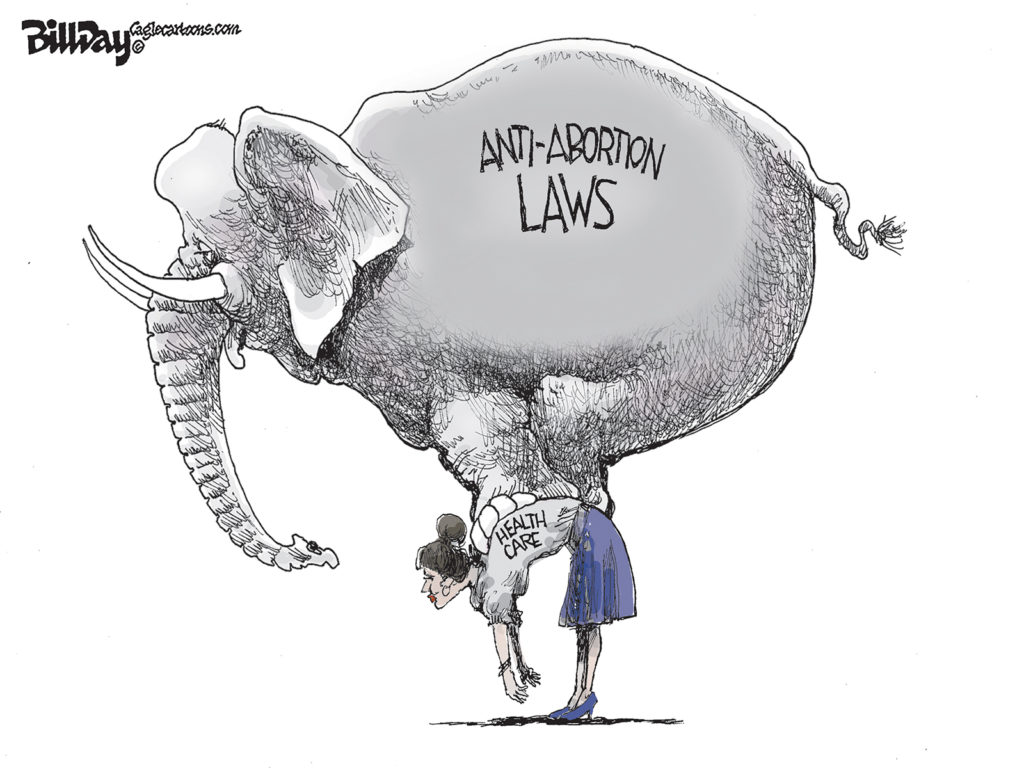“You can’t have a city without middle-class families and kids,” our colleague Carol Coletta said in a USA Today article about her CEOs for Cities’ study about what cities can do to retain families. “You can’t have a childless city.”
We’ve written about the importance of this issue before, and the dimensions of the problem in Memphis, so let’s summarize it briefly:
* As a result of the “hollowing out” of Memphis, less than 20 percent of families are now middle-income and less than 30 percent of neighborhoods are middle-income.
* Memphis is 88th among the U.S.’s largest 100 cities in the share of middle-income families and 98th in middle-income neighborhoods.
Gotta Move
In a city with formidable challenges, this is one of the toughest. To succeed, Memphis must change the thinking of young people who prefer city living, but assume that once their children are born, they will need to move to the suburbs for 18 years as they rear their children. Memphis must improve its schools to the point that they send the unmistakable message that parents don’t have to pay the hidden costs of city living by paying for their children to attend private schools.
There are some positive signs in Memphis – a county office of children and youth, an award presented to the Memphis library system and a new kids-oriented website, Memphis Loves Kids.
First, the Office of Children and Youth. It’s a promising idea, although the devil is in the details. Local government has plenty of such high-sounding offices that are little more than names on doors in public buildings. There is no real agenda and no real staff to carry one out if there was one.
We’re hoping things will be different in this office. In fact, we think it could be the catalyst to a new look at the functions of Juvenile Court, which is now a confusing mix of judicial, social service and administrative functions.
A Modest Proposal
How about a modest proposal?
Remove every program at Juvenile Court that’s not related to juvenile justice and move all the rest to the new Office of Children and Youth. After all, the judicial function is but the tip of the iceberg, and there’s logic in separating the other functions and incorporating them into an office where all children’s services and programs can be coordinated and overseen.
Now, these programs rarely intersect with each other, and as a result, the opportunity for a cohesive, comprehensive strategy for improving the lives of at-risk children is squandered. Also, because of the fragmentation, there’s no overriding sense of accountability that monitors the performance of each and reports to taxpayers about the return on their investments.
Most of all, there’s no centralized place in county government where the tough questions are asked about city schools, there’s no place where policy analysis is conducted to show which interventions return the biggest dividends and there’s no place where new innovations are encouraged to leverage county investments.
Rigor
In the absence of an office that performs this function, various services never undergo the kind of rigorous evaluation that can give birth to better ways of doing business.
Hopefully, the office of children and youth will get the chance to fill this gap. The office was supposed to be a joint city-county office, but unfortunately, the city administration refused to participate.
Then, there’s the library system, an often underappreciated asset in Memphis. We have long admired the leadership and commitment of Judith Drescher, the library director who was deposed in December by Memphis Mayor Willie W. Herenton in another of his inexplicable personnel decisions.
While we are confident that Keenon McCloy, who was the capable director of another city division until being drafted for the library job, will do a fine job as head of the library, we’re hard-pressed to understand the rationale for this management change.
Disappointment
Of course, the greatest irony about the mayor’s “disappointment” (the local government name for people who aren’t reappointed) is that about the same time that he was ushering Ms. Drescher to the door, the Memphis library system was announced as recipient of the highest honor bestowed on library sytems – the National Medal of Museum and Library Service.
Memphis was one of only 10 systems that have received it, and one of the reasons our libraries were honored was the special contributions that they make to the lives of children in Memphis.
In an awards ceremony at the White House, Ms. Drescher was noticeably absent, and we can only hope that City Hall showed enough class to invite her to attend. After all, there would have been no award without her.
Loving Kids
Finally, a promising sign for families with children is seen in the initiative shown by two sisters in setting up the family-oriented website, www.memphisloveskids.com.
It appears to be the only website of its kind in Memphis, and Deirdre Oglesby and Aisling Cordon Maki set it up to give Memphis parents a centralized place to find anything you would ever want to know – information about events, educational resources, shopping sales, “kids eat free” restaurants and ways to get families more involved in the community.
The sisters stated purpose is simple: to make Memphis a better place for kids and families. Apparently, they are not alone, because there are thousands of subscribers who’ve signed up on the site.
While we have a tendency in Memphis to look to government for the answers to our problems, it’s actually these kinds of projects that bring smiles to our faces. At the end of the day, it’s citizens like these – passionate about their city, self-reliant and determined to make life here better – that have the greatest impact, because their influence ripples far beyond the prescribed boundaries of a government service area.
Best of all, the sisters send the message that Memphis is kid-friendly and family-supportive. It’s not the answer to our “kids in cities” challenge, but it’s a start.


